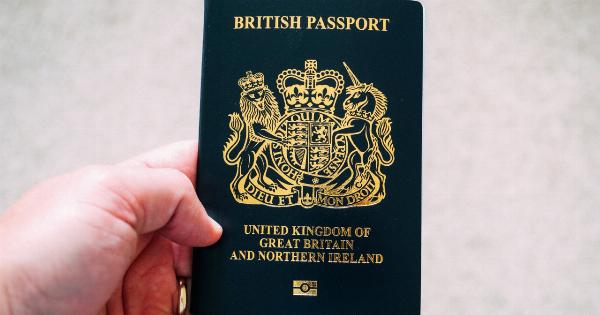In recent months, the world has been marred by a series of unfortunate events that have caused significant harm to economies across the globe.
The COVID-19 pandemic, combined with escalating trade tensions and political unrest, has created a perfect storm, leading to an imminent global economic downturn. This article aims to shed light on the current situation and explore the potential ramifications of this downturn, with a particular focus on the 114 victims caught in its crosshairs.
The COVID-19 Pandemic: A Catalyst for Economic Turmoil
The outbreak of the novel coronavirus, known as COVID-19, has been the primary driver behind the unfolding economic crisis.
The pandemic has disrupted supply chains, brought international trade to a standstill, and forced the closure of countless businesses. As governments worldwide grapple with the challenge of containing the virus, countries have implemented strict lockdown measures, resulting in a severe reduction in economic activity.
Rising Unemployment Rates: The Human Toll
One of the most significant consequences of the global economic downturn is the increase in unemployment rates. Thousands of businesses have been forced to lay off workers or shut down entirely, leaving millions without a source of income.
The 114 victims encompass workers from various sectors, including industries heavily impacted by the pandemic such as travel, hospitality, and retail.
The Financial Market Fallout
Financial markets have also taken a considerable hit as a result of the economic downturn. Stock markets around the world have experienced unprecedented volatility, with trillions of dollars wiped off their values.
Investors have faced tremendous losses, pensions have been impacted, and individuals are witnessing the erosion of their wealth.
Government Intervention and Stimulus Packages
In response to the worsening economic conditions, governments have attempted to mitigate the impact through various intervention measures and stimulus packages.
These initiatives aim to provide financial support to struggling businesses, prevent further job losses, and stimulate consumer spending. However, the effectiveness of these measures remains uncertain, and their long-term consequences are yet to be fully comprehended.
Trade Wars and Geopolitical Tensions
In addition to the pandemic, escalating trade tensions and geopolitical uncertainties have further contributed to the global economic downturn.
Countries such as the United States and China have engaged in tit-for-tat tariff impositions, resulting in reduced trade flows and disrupted global supply chains. Furthermore, political and social unrest in various regions has created an environment of uncertainty, deterring investors and hindering economic growth.
The Fragility of Emerging Markets
Emerging markets, often more vulnerable to economic shocks, have suffered tremendously during this downturn. Limited resources, inadequate healthcare systems, and significant debt burdens have left these economies in a precarious position.
The 114 victims include individuals and businesses from these markets, grappling with the dual challenges of the pandemic and the global economic downturn.
Long-Term Socioeconomic Impact
The ramifications of this global economic downturn are far-reaching and extend beyond immediate financial losses.
The 114 victims face long-term consequences, including heightened levels of poverty, reduced access to education and healthcare, and a widening wealth gap. These socioeconomic challenges may persist even after the economy begins to recover.
The Road to Recovery: Uncertainty and Hope
While the global economic downturn has brought about significant challenges, there is hope for a brighter future. As governments implement measures to contain the spread of the virus and develop effective vaccines, the path to recovery becomes clearer.
International collaboration, prudent policymaking, and collective efforts will be crucial in rebuilding economies and ensuring a more resilient future.
Conclusion
The global economic downturn triggered by the COVID-19 pandemic, coupled with trade wars and geopolitical tensions, has undoubtedly disrupted economies worldwide.
The 114 victims bear witness to the devastating consequences of this crisis, facing unemployment, financial losses, and uncertain futures. However, by embracing innovation, fostering international cooperation, and learning valuable lessons from this experience, societies can emerge stronger, more adaptable, and better prepared to face future challenges.





























